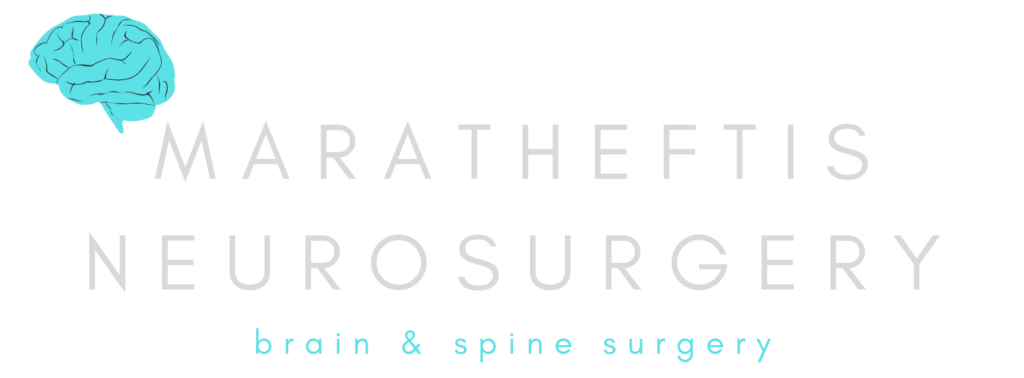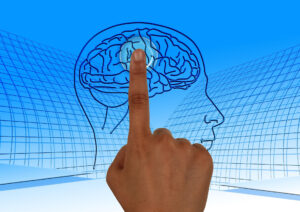Craniotomy in an awake patient
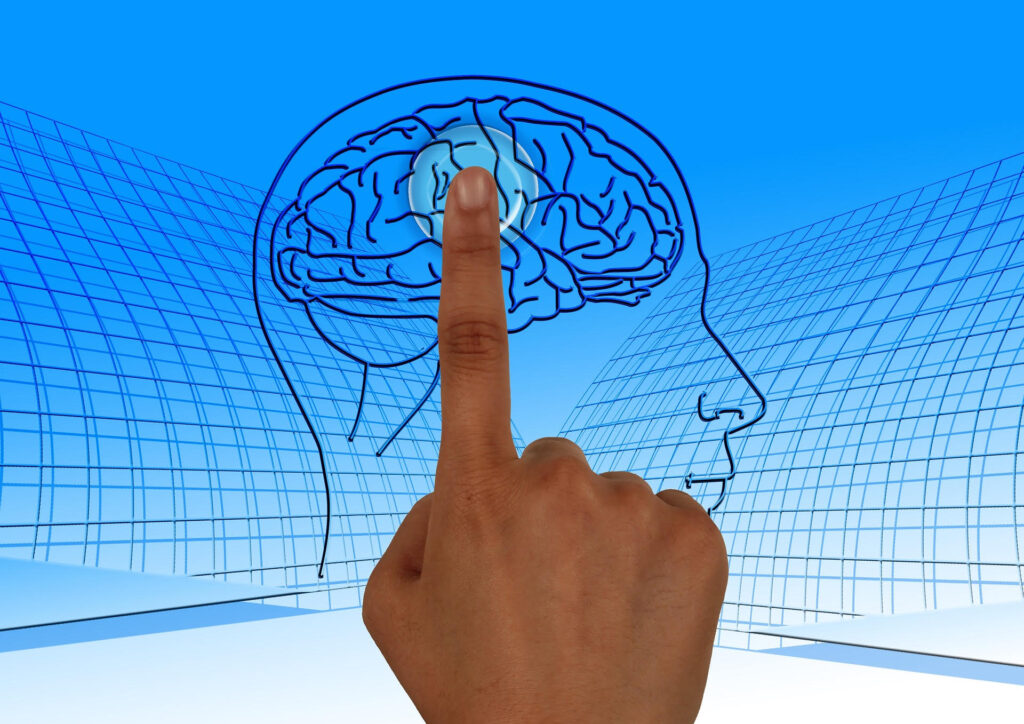
For several years now, with the great progress in anaesthesiology, neurophysiology and neurosurgery, it has been possible, and extremely beneficial for the patient in certain surgical procedures, to perform brain surgery without general anaesthesia. This is technically possible, because of a truly spectacular event: The brain itself does not “feel” anything! So what this means […]
In the news bulletin of ANT1, Nikos Maratheftis, neurosurgeon
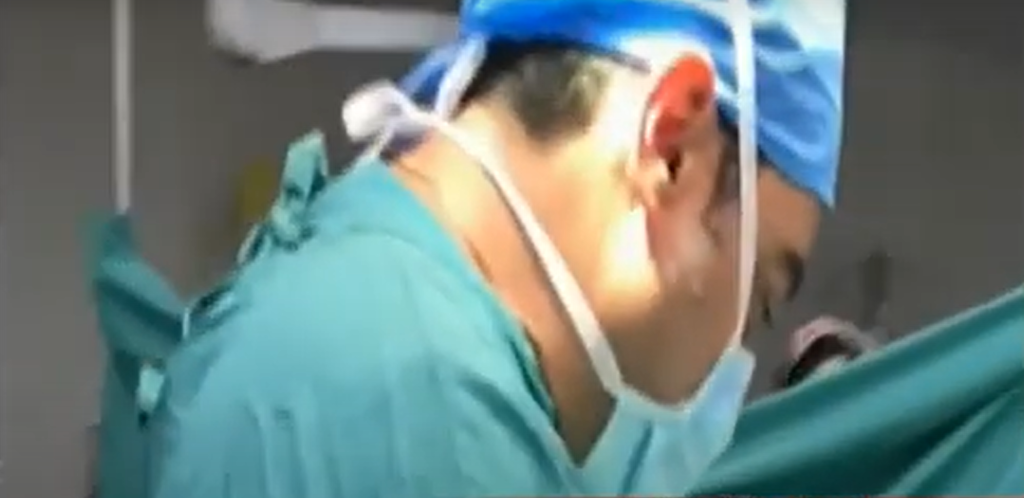
The neurosurgeon Nikos Maratheftis appeared in the ANT1 news bulletin, and spoke about the spine surgeries only with local anesthesia that were performed for the first time in Greece at the Euroclinic in Athens .
Disc hernia: new data in its treatment
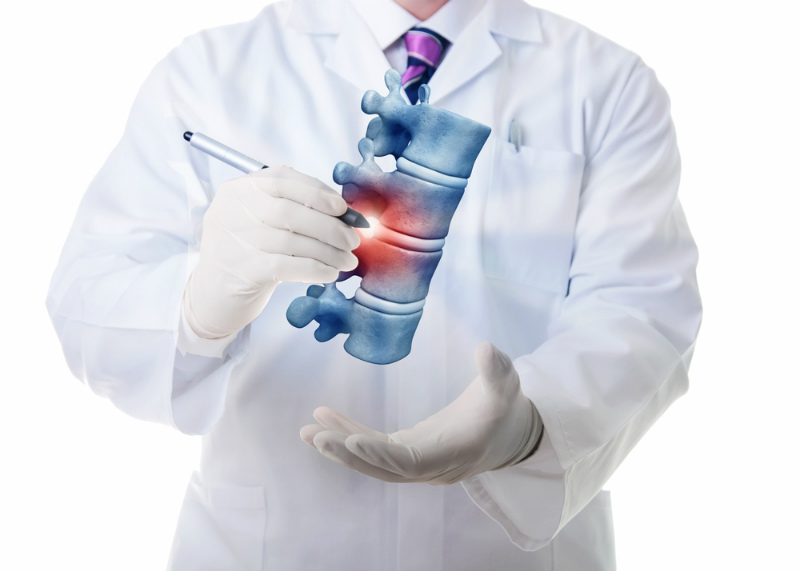
In recent years, spinal surgery has made tremendous progressUntil recently, or even at the present time, when a patient learned that they needed back surgery, they experienced great fear and uncertainty. Everyone has a friend, acquaintance or neighbor who, after a back surgery for a herniated disc, suffered for a long time, did not solve […]
Gazzetta.gr article about the operation on Sotiris Manolopoulos
Publication of Gazzetta.gr Source: gazetta.gr
Fill out the form if you have an incontinence or frequent urination problem
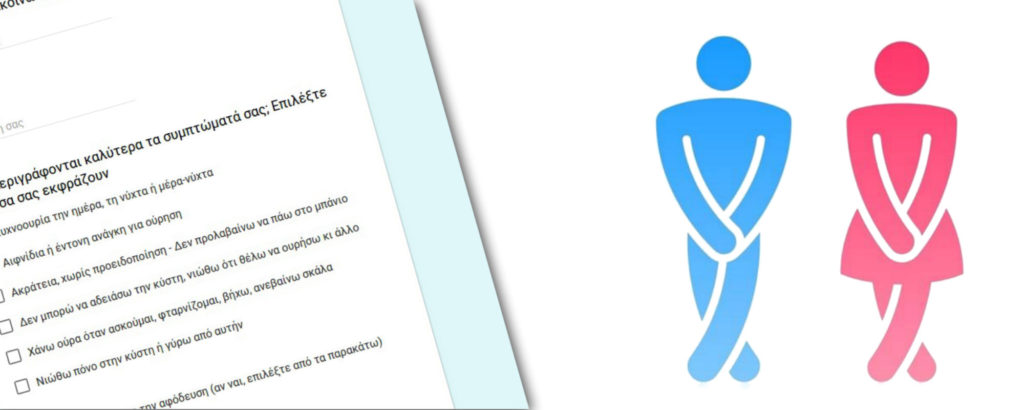
Do you have a problem with incontinence or frequent urination? Fill in the form to find the solution together. Loading…
Scientific meeting at the Pasteur Institute
The neurosurgeon, Nikos Maratheftis will speak at the Scientific Meeting that will take place on January 24, 2017, in the amphitheater of the Pasteur Institute, on the subject of Percutaneous Spine Support Surgery.
